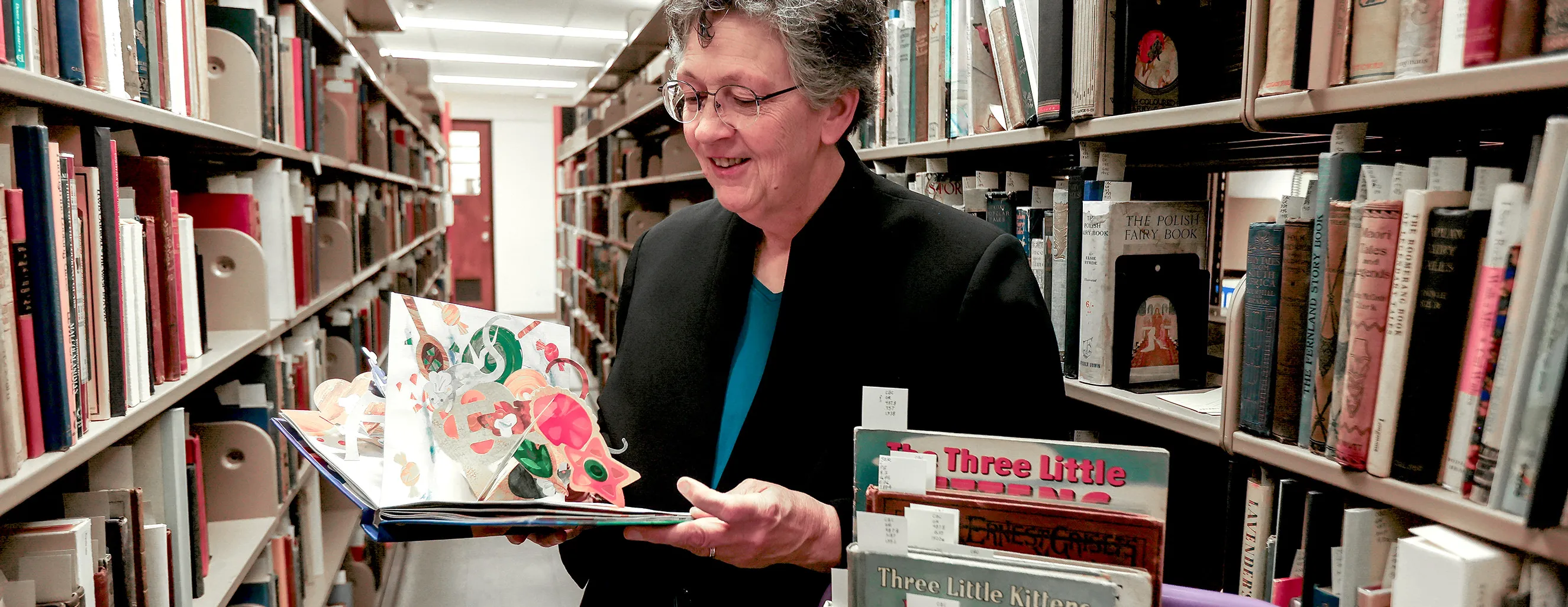
Policies
Records Management
Records management is the systematic control of records throughout their lifecycle -- from their creation or receipt to their disposal or transfer to the College Archives. Being mindful of the records we create and how we manage them ensures that records of enduring historical, administrative, legal, or fiscal value are captured and preserved. It also allows for the timely destruction of records that are non-essential so that we may minimize litigation risks, reduce operating costs, and improve organization.
To better serve Bryn Mawr College’s records management needs, our guidelines and policies help to identify and classify permanent and non-permanent records, to establish a robust management plan for those records, and recommend solutions for storage/disposal and digital preservation concerns. The College Archivist serves as an advisor to support College-wide records management solutions, with all College employees being responsible for managing the records in their custody.
Digital Collections, Scan Requests, and Citations
Search Digital Collections
Some items in the archival and manuscript collections are available digitally through our TriCollege Libraries Digital Collections website. To see Art & Artifacts items digitally please search TriArte.
Image Permissions & Requesting Scans
Find out more about image permissions and how to request scans for items in the collection.
Citing Special Collections
Guidelines for citing content from Special Collections.
